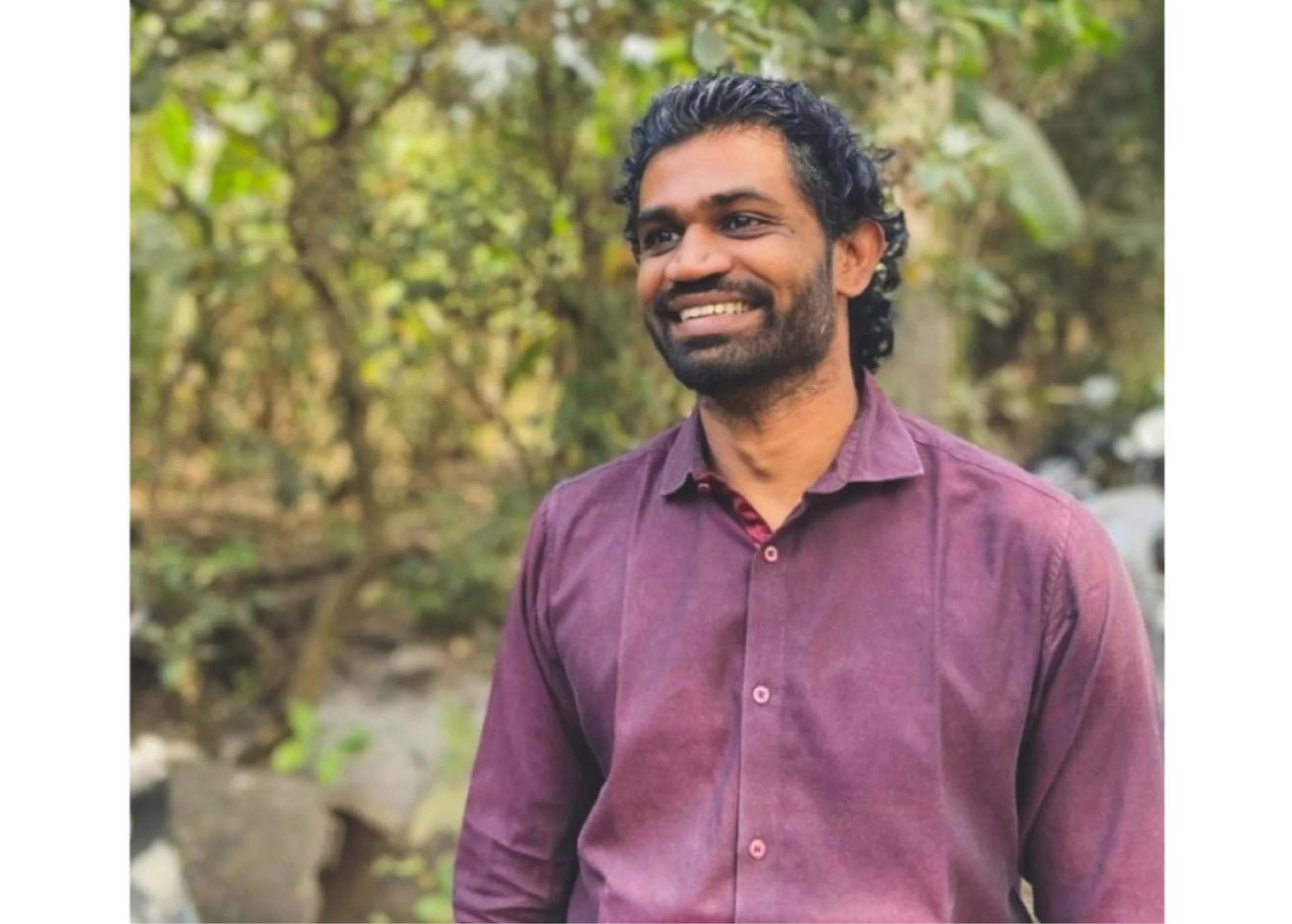It’s a bit like referring to “He Who Must Not Be Named” in the wizarding world, isn’t it? But let’s dispel the misconception and fear of discussing important topics like this plant’s idea.
In reality, it’s more like tending to a garden of truth and uprooting the weeds of misinformation. So, let’s continue to have open and honest conversations, just as if we were chatting about defeating Voldemort with Harry and his friends!
Global and Indian Suicide Statistics
Every year, over 700,000 lives are lost globally to suicide. In 2022, India represented nearly one fourth of the world’s total suicides, with 170,924 deaths.
To provide perspective on the enormity of this issue, imagine this: Every day, 468 lives are lost to suicide, akin to the capacity of a jumbo jet crashing down from the sky.
To provide you with insight into the suicides of Indians residing outside of India, specifically in the UAE, home to the highest Indian expat community with over 3.89 million Indian expatriates, the grim reality persists: In 2022, we lost one Indian dying by suicide every other day.
In our daily lives, we perceive road accidents as a common occurrence, viewing them as routine. But the startling truth is More Lives are being Lost to Suicide than to Road Accidents and COVID.
Interestingly, in both the USA and India, there’s a concerning trend regarding suicide prevention training. In the USA, 75.0% of therapists lack such training, while in India, this figure escalates to approximately 90 percent.
Challenges in Suicide Prevention
- Stigma and Silence: The mere mention of the “S” word invokes discomfort, perpetuating a culture of silence and avoidance preferring to address suicide prevention without naming it.
- Financial Constraints: Inadequate support from investors and corporations limits prevention efforts.
- Free Assistance Expectation: Providing aid free of charge is expected acts of goodwill or social responsibility, despite the critical nature of the issue.
- Lack of Understanding: Suicide is often overlooked as a health crisis and a symptom of underlying pain.
Despite these obstacles, TCH remains committed to its mission, leveraging innovative strategies and partnerships to expand its reach and impact.
The Connect Hut’s Work in Suicide Prevention
As a social enterprise with over 25 years of experience, the team has dedicated their lives to suicide prevention and are on a mission to Make Mental Health Simple.
The Connect Hut’s impact spans across 15 + diverse sectors, reaching educational institutions, police academies, the criminal justice system, juvenile justice, the LGBTQ+ community, seafarers, sex workers, de-addiction centers, central administrative police forces, spouses of defense personnel, counselors, psychiatrists and NGOs. Our support extends to corporates, old age homes, engineering colleges, and blue-collar workers, addressing unique challenges in each sector.
Internationally, our partnerships in UAE, Bangladesh, Africa, and Pakistan have enabled us to promote Dot listening, mental health and suicide prevention awareness globally, catalyzing positive change in communities worldwide. Notably, we played a pivotal role in opening Pakistan’s first suicide prevention warmline.
Our Dot Active Listening is now recognized as a value-added course in a prominent college in Mumbai offering credits of students of psychology furthering our commitment to making mental health simple and fostering a culture of compassion and hope through action.
The Connect Hut’s Approach
Our simplistic approach comprises three steps aimed at addressing stigma head-on and preventing suicide. We start with awareness campaigns, followed by comprehensive training programs, and finally, the establishment of support systems and providing mental health services.
Our sessions are designed to be Accurate, Insightful, Applicable, Achievable, and Replicable. They are solely experiential ensuring effectiveness and impact across various contexts and demographics.
While much of the work in India, south east Asia and LMIC concerning suicide prevention and mental health has been rooted in Western philosophy, we distinguish ourselves by centering our approach on ancient Indian philosophy.
Overcoming Obstacles in Suicide Prevention Enterprise
Despite initial hesitations surrounding discussing difficult topics and the preference for “positivity” our training sessions consistently and evidently overcome obstacles and illustrate a remarkable transformation. Participants evolve from fear to compassion, demonstrating that with the right knowledge, understanding, and engagement, difficult subjects can be approached with empathy and openness, communicating suicide is preventable.
The Way Forward
Moving forward, it’s imperative to break the stigma surrounding suicide and foster open conversations. Despite challenges, initiatives like The Connect Hut’s comprehensive approach, rooted in Indian philosophy offers hope. By investing in raising awareness, providing training, and establishing support systems, we can create a world where mental health is prioritized, and suicide is preventable. It’s crucial for everyone to undergo suicide prevention training and equip ourselves with the necessary knowledge and lifesaving skills.
We advocate for a public private partnership funding model to sustain mental health initiatives. Government involvement is key in combating stigma with proactive, organized interventions, not merely checkbox activities.
As we confront the global mental health pandemic, let’s stand united in the fight against suicide. Just as we came together during the visible crisis of COVID-19, let’s unite to combat the invisible pandemic of suicide.

 Sachin Chitambaran, Founder of The Connect Hut
Sachin Chitambaran, Founder of The Connect Hut










